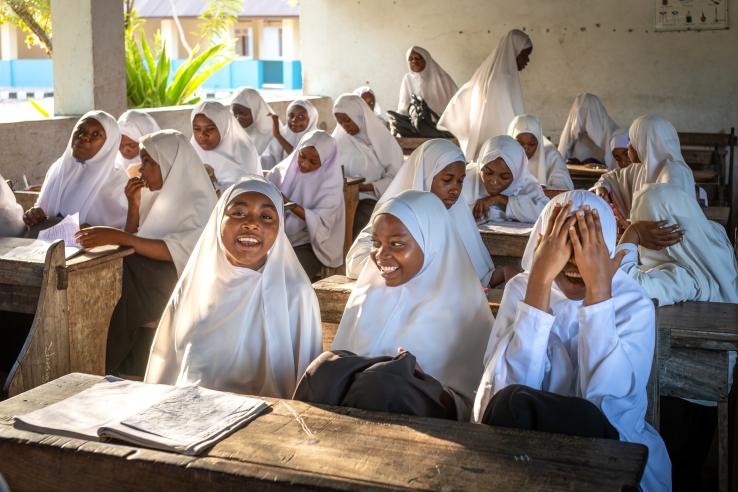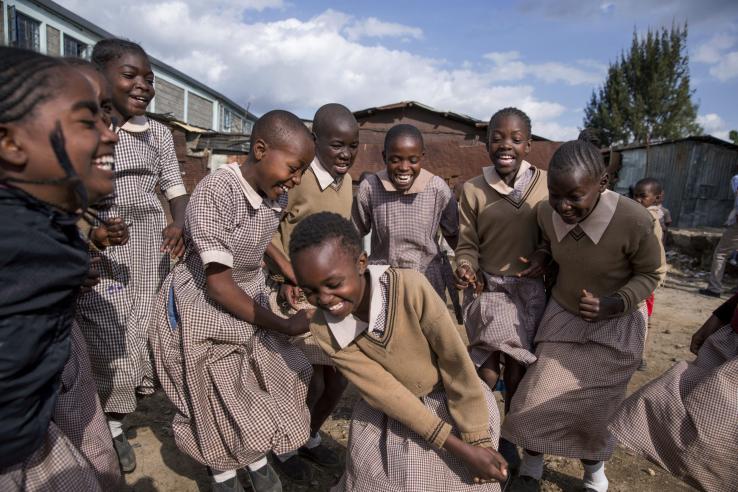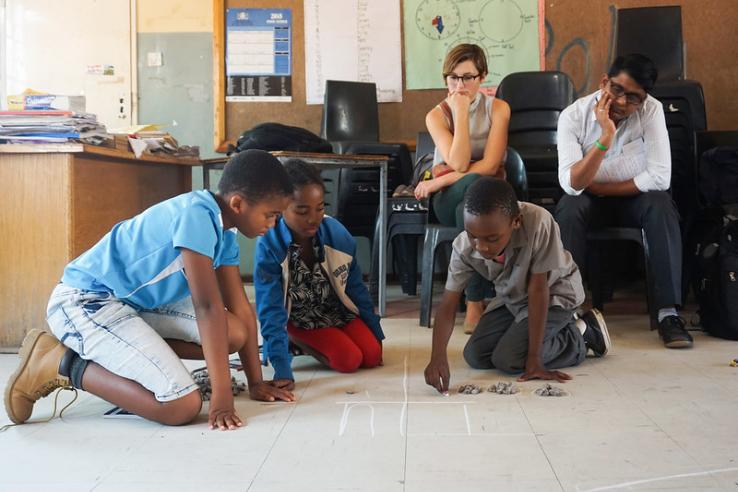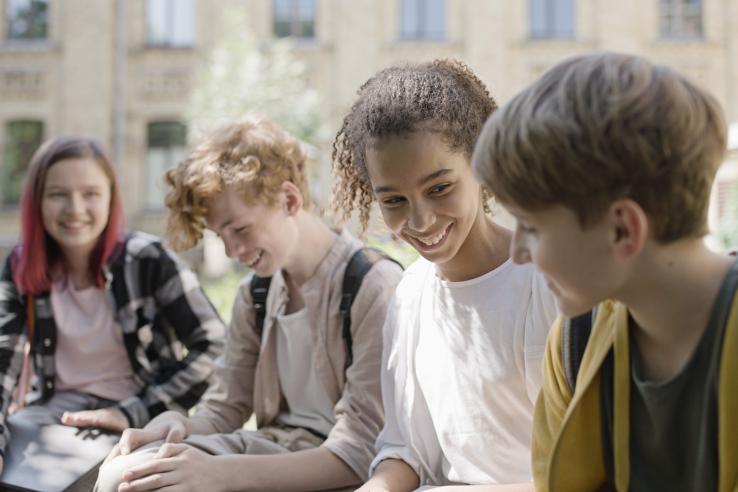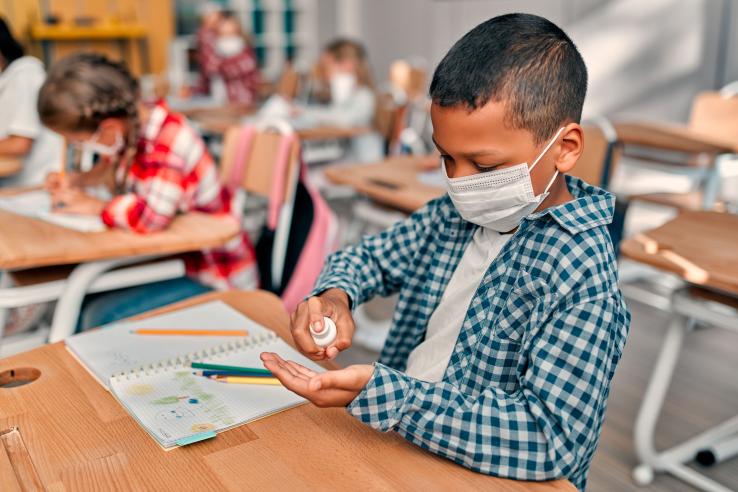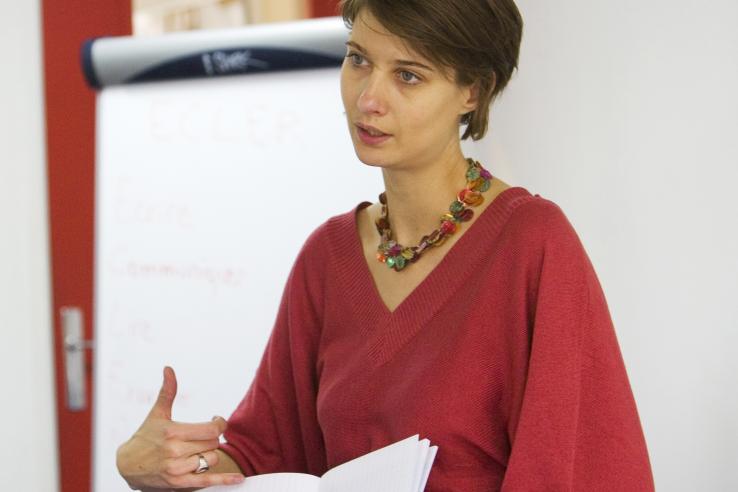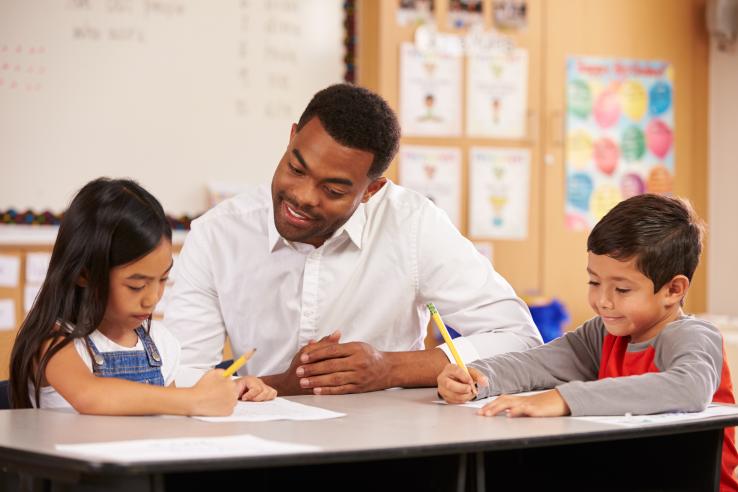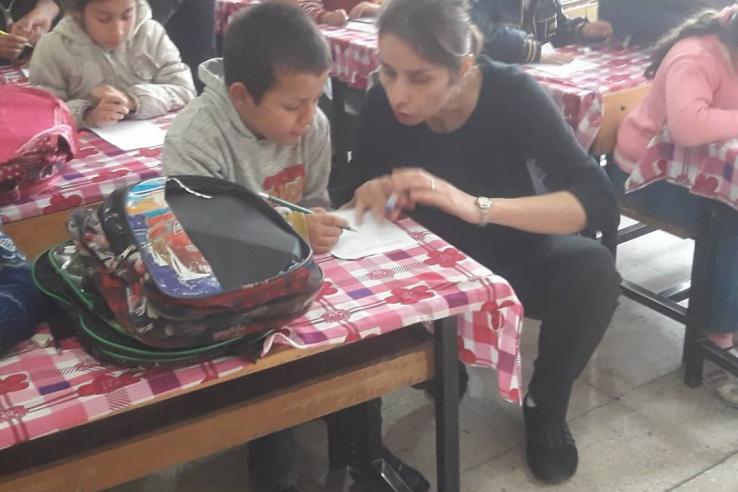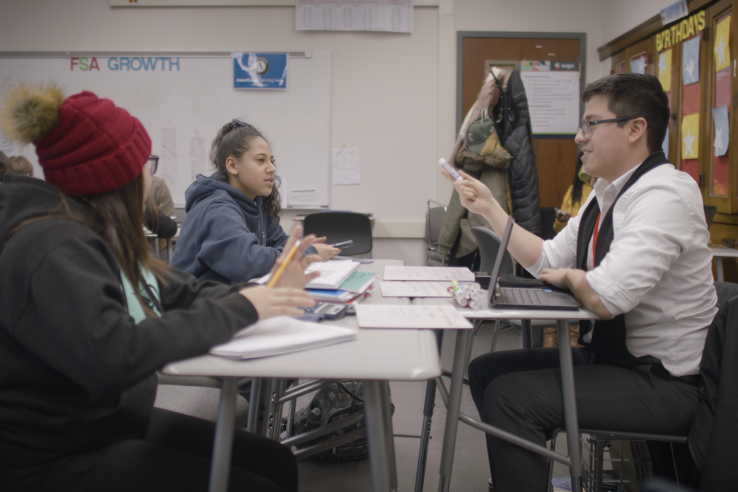Search our database of policy briefcases, bulletins, and evidence reviews. Briefcases summarize the results and policy recommendations from one randomized evaluation, while bulletins synthesize the broader policy lessons emerging from multiple evaluations on the same topic. Evidence reviews summarize an existing academic literature review, like a handbook chapter or white paper, for a policy audience.
Displaying 1-9 of 24
